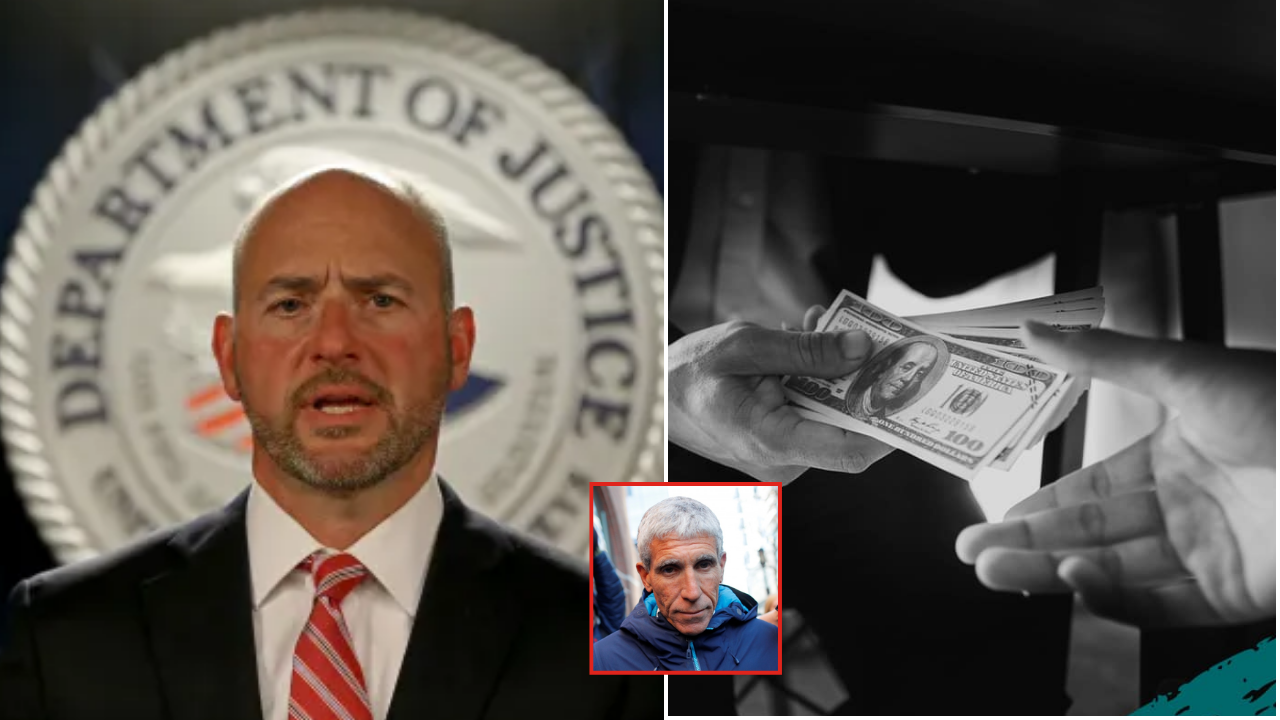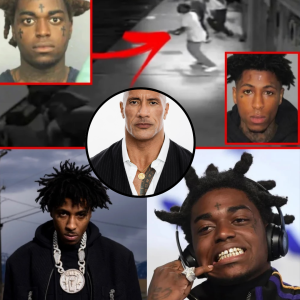On November 16, 2020, a former Harvard University fencing coach and a Maryland businessman were arrested for conspiring to bribe two students into the world’s most prestigious university. The case was investigated and tried by the same prosecutors who uncovered William “Rick” Singer’s college admissions scheme and the IRS agents who signed the papers charging Mr. Zhao and Mr. Brand, who were also involved in the Singer investigation.
The million dollar handshake
Jie “Jack” Zhao, 61, worked with longtime Harvard coach Peter Brand for years to secure two fencing scholarships that helped both his sons get into Harvard. The bribes, worth more than $1.5 million, included a house and a car for Brand, and Zhao agreed to pay tuition and student loans for Brand’s sons. Zhao and Brand are now facing federal bribery charges. Prosecutors also revealed that Zhao and Brand had two co-defendants: the head of a fencing academy in Virginia and the head of a charity that sponsors tournaments.
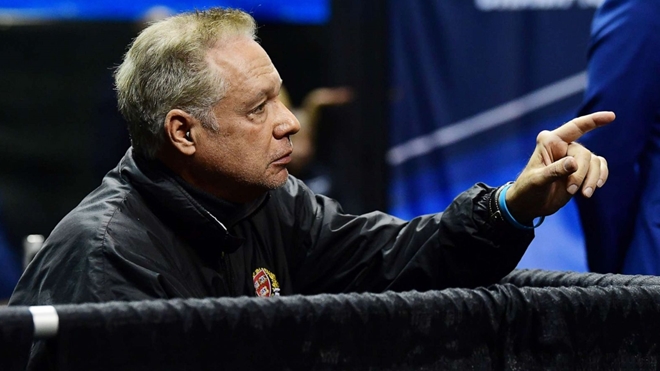 Former fencing coach Peter Brand.
Former fencing coach Peter Brand.
Zhao’s attorney, Bill Weinreb, firmly stated: “Mr. Zhao’s children were excellent students in high school, competed in many international fencing tournaments and entered Harvard on their own. Both even represented Harvard in many prestigious tournaments during their college years. Mr. Zhao denies these allegations and will vigorously defend himself in court.” Brand’s former attorney, Douglas S. Brook, stated in an email: “The two students were stars both academically and athletically. Coach Brand did nothing wrong and he looks forward to the truth being brought to court.”
The scandal came to light when the Boston Globe published a report on a highly questionable real estate transaction between Mr. Brand and Mr. Zhao. The former coach sold his Massachusetts home to Zhao for nearly $1 million, twice its actual value, in May 2016. A real estate inspector who inspected the property said that Brand’s home was “a 1960s-era home” and “in disrepair,” and that the price Zhao paid was “unreasonable.” Almost immediately afterward, Mr. Zhao’s youngest son, then a senior at St. Albans High School in Washington, DC, was accepted to Harvard and won a spot on the school’s fencing team.

Zhao, a global telecommunications executive, told the Boston Globe that he bought Brand’s home as an investment and to help his former coach, whom he considered a friend. The businessman sold the home for $665,000, taking a $324,500 loss.
In fact, the two sides “cooperated” since 2012, right at a time when the coach couple was under great financial pressure. In an email, Mrs. Brand wrote to her husband: “We have almost no money left in our bank account and we still have bills to pay. You are not allowed to withdraw money to spend on anything.” When Mr. Brand withdrew money at a grocery store, his wife immediately texted him to stop: “We only have $100 left in our account by Friday and we still have some bills to pay.” In a message to a fencing coach in Virginia, Brand admitted that Mr. Zhao did not need to work too hard and that his sons did not need to be very good at fencing, but that Coach Brand needed “investment” to help get Mr. Zhao’s two sons into Harvard. Zhao’s eldest son was actually a talented young athlete, and so the anonymous coach suggested that Zhao simply donate some money to the fencing team, but Brand refused because it would not be in his personal economic interest to do so.
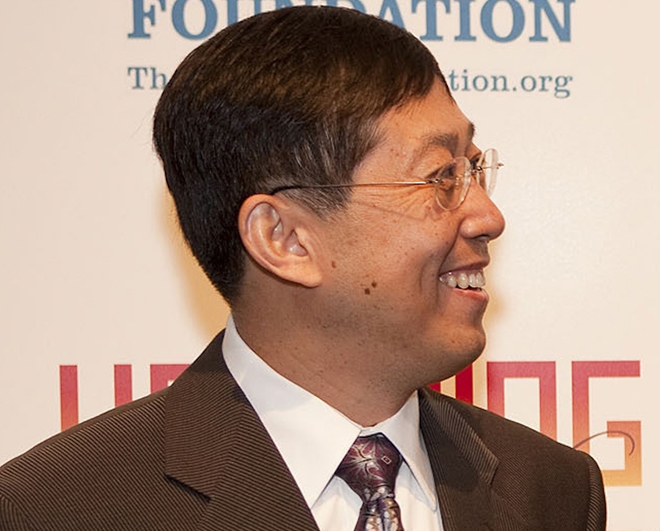 Jie Zhao, the father who bribed former Harvard fencing coach Peter Brand to get his son into college.
Jie Zhao, the father who bribed former Harvard fencing coach Peter Brand to get his son into college.
The coach, who is cooperating with investigators to gain immunity, said Zhao “donated” $1 million to a charity in 2013, which was then transferred to a personal foundation under Brand’s name. Also in 2013, a Washington-based charity called the “National Fencing Foundation” received more than $1 million in grants, donations, and gifts. Notably, the president and sole employee of the charity, which was dissolved in 2016, were… Brand and his wife, Jacqueline Phillips.
After the foundation received the $1 million, Zhao’s older son received word from the Harvard admissions committee that he had been accepted. Brand forwarded the letter to his wife and the boy’s coach to share the joy. Zhao also paid Brand directly.
Harvard’s admissions committee personally reviews each applicant’s application based on athletic merit, and all 40 members collectively decide whether a student is admitted. Brand was fired from Harvard in July 2020 for violating the school’s admissions rules. Zhao’s older son graduated in 2018, and his younger son is still playing for Harvard.
What is the sentence for teachers who sell grades?
“This case is just one part of our ongoing effort to combat college admissions fraud,” said U.S. Attorney Andrew E. Lelling after announcing the charges against Zhao and Brand. “There are millions of young Americans who are trying to get into college, and we are going to make the playing field as level as possible for them.”
Blatant point-fixing has been coming to light recently, and it all started with a seemingly simple email from the former Georgetown University tennis coach. Gordon Ernst, a coach so famous that he once had the honor of teaching tennis to Michelle and Malia Obama, offered to use “my three spots” in the email. Those three spots were three direct university admission tickets for students with excellent academic and athletic achievements.
Georgetown University, home to many FBI agents, receives 20,000 applications each year. It rejects about 83 percent of applicants and admits about 3,000 students. Coach Ernst had direct influence over six spots, three for women and three for men. Federal authorities claim that Ernst sold many of these valuable spots. According to the investigation, the famous coach pocketed $2.7 million in bribes from Singer labeled as “consulting fees.” In return, he nominated 12 students to Georgetown as sports players, even though none of them played tennis. On August 19, 2015, a student sent Ernst a list of fake tennis achievements… which Ernst then sent to the admissions committee. Just two days later, all three tickets to Georgetown were sold, and the coach received $700,000.
But the team’s erratic performance made Georgetown suspicious of Ernst. The university quickly sent scouts to meet with the high school teachers of some of its weakest players, and gradually Ernst’s “backdoor dealings” were exposed. The school fired Ernst in June 2018. In early September 2020, Ernst was convicted of fraud, bribery, falsifying tax returns, and money laundering.
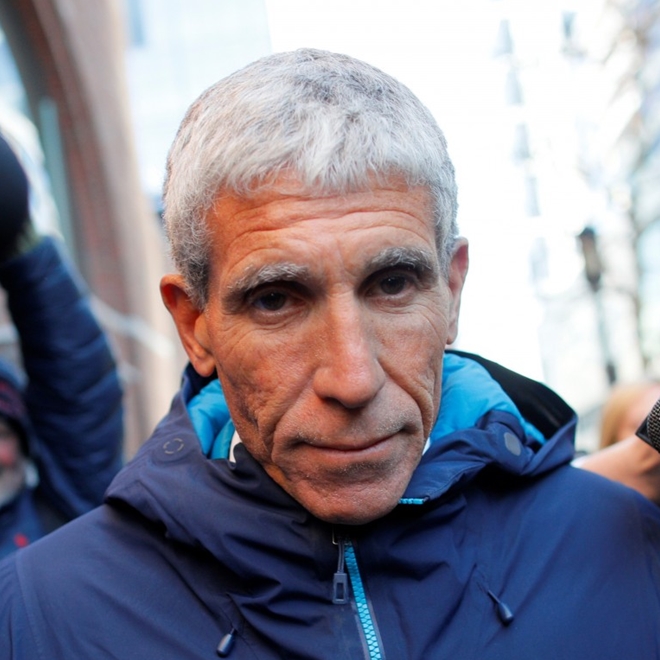
The scandal that rocked the United States last year was even more sophisticated. A California-based consultant named William “Rick” Singer offered two college admissions “packages” to wealthy and powerful parents: the first package, worth between $15,000 and $75,000, would help students cheat on national standardized tests like the SAT or CAT, while the second package, worth $1 million, could get the kids straight into college. Investigators revealed that for $1 million, Singer and coaches at top schools like Stanford, Yale, Georgetown, etc. would design fake athletic achievements and letters of recommendation that were very powerful, especially for universities with a tradition of competitive athletics. After the case was exposed, more than 50 defendants were prosecuted, including 33 parents – including two famous TV actors Lori Laughlin and Felicity Huffman – and 9 former coaches from Yale, Stanford, Wake Forest, Gerotown, California, South Calorina and Texas universities…
Singer has pleaded guilty to fraud, among other charges. Singer boasted that he helped 761 untalented students get into their first-choice colleges, meaning there are still many more crimes he committed that have not been investigated. No students have been expelled or disciplined, and no universities have been brought to justice.
